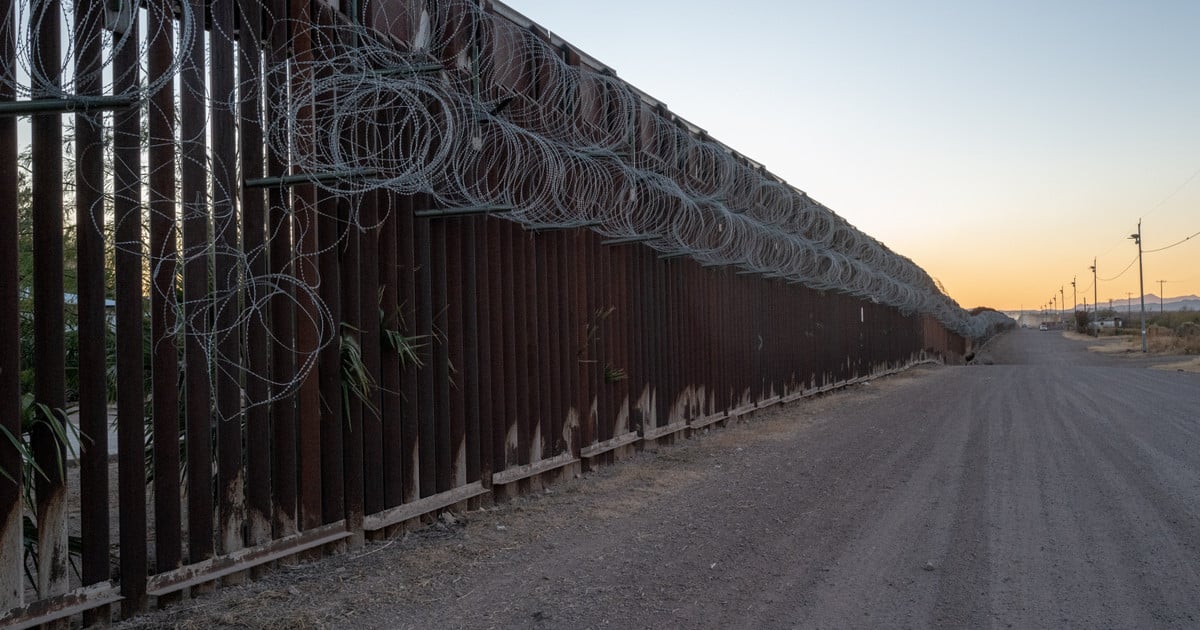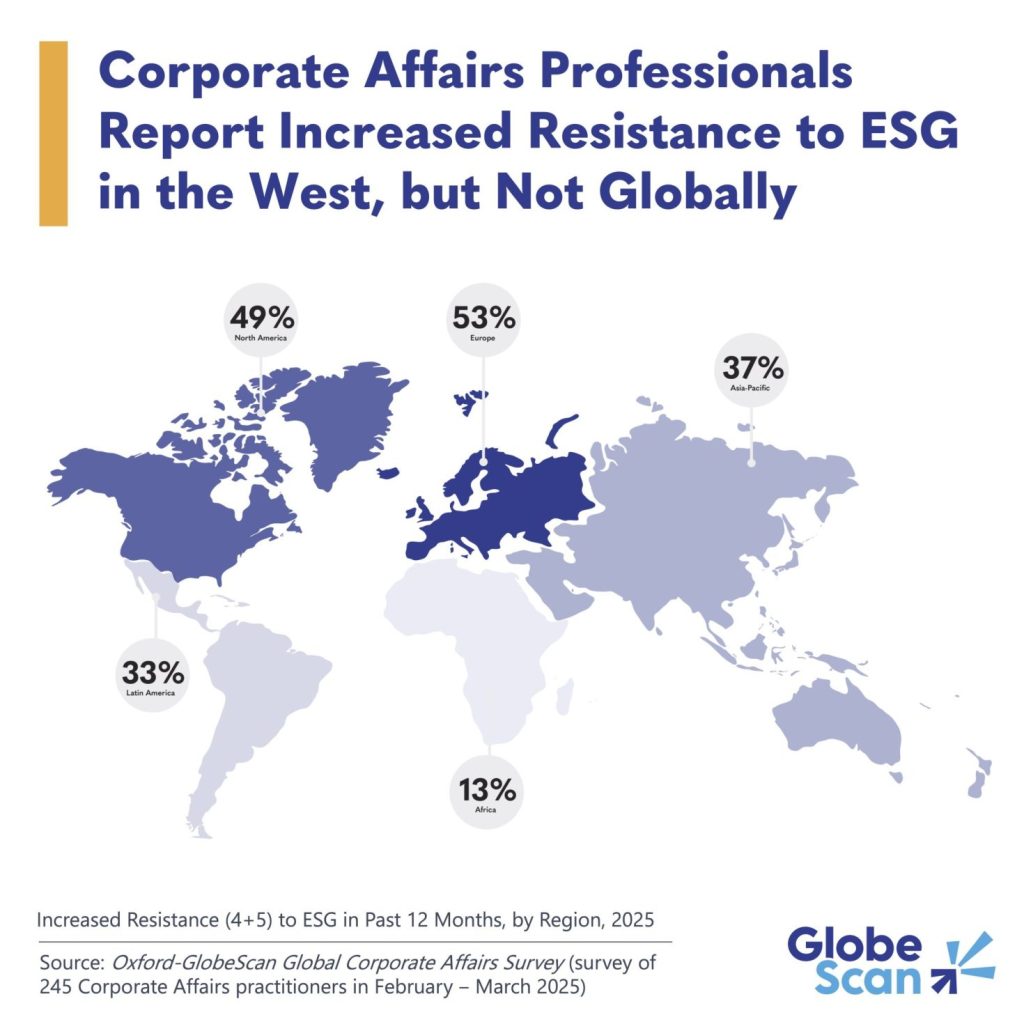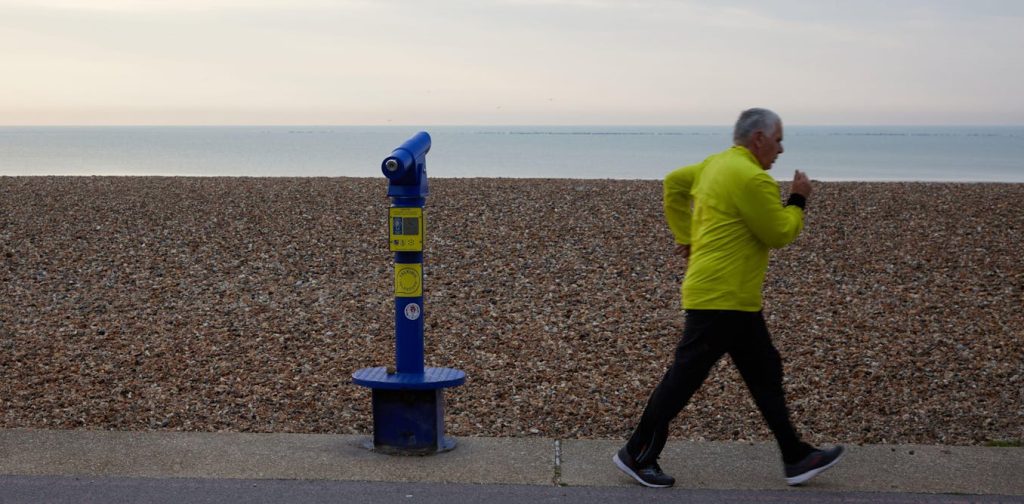Now Reading: Trump Is Spending Billions on Border Security. Some Residents Living There Lack Basic Resources.
-
01
Trump Is Spending Billions on Border Security. Some Residents Living There Lack Basic Resources.
Trump Is Spending Billions on Border Security. Some Residents Living There Lack Basic Resources.

ProPublica, a non-profit news organization, investigates abuses of power. Subscribe to Dispatches, a newsletter that exposes wrongdoing across the country, to receive our stories in your inbox weekly. This article is also published with The Texas Tribune, a non-profit local newsroom that informs and engages Texans. Sign up for The Brief Weekly to keep up with their important coverage of Texas issues.
Key Highlights
– Focus on enforcement: Despite receiving billions in government spending for immigration enforcement, the U.S.-Mexico border communities remain among the poorest in the nation.
– Unmet needs: In Texas, 30,000 border residents lack access to reliable drinking water, while 205,000 people in Arizona on its border with Mexico are far from a full-service hospital.
– Stark contrasts: The disparity between the significant investments made by federal and state governments in the region and the residents’ quality of life is evident.
Soon after taking office, President Donald Trump declared an emergency on the U.S.-Mexico border, allowing him to spend billions on immigration enforcement and wall construction. He has requested an additional $175 billion for border security, surpassing the spending during his first term.
Border towns in Texas and Arizona are set to receive more grants for police patrols and new wall construction projects. However, residents like Sandra Fuentes and Jose Grijalva prioritize essentials like safe drinking water and hospitals over increased border security.
Despite receiving substantial state and federal funds, many majority-Latino border communities struggle with poverty, unemployment, limited healthcare access, inadequate infrastructure, and low educational attainment.
In Texas, about 30,000 residents lack reliable drinking water, while in Arizona, 205,000 people living along the border are hours away from a full-service hospital. The region faces challenges in securing sufficient funding for water projects and infrastructure, as resources are often directed towards border security measures.
Residents in border towns like Del Rio, Texas, and Douglas, Arizona, continue to face hardships with access to basic resources like running water and hospitals. Efforts to address these needs are often hindered by political challenges and limited funding.
While billions are spent on border security measures, community organizers and officials emphasize the importance of addressing critical needs such as water access and healthcare infrastructure. The disparity between funds allocated for border security and residents’ well-being remains a pressing issue in these border communities.
In Douglas, Arizona, the lack of a full-service hospital has posed challenges for residents in need of medical care. Border security initiatives receive significant funding, but the community continues to face economic struggles and infrastructural deficiencies.
As efforts to address water access and hospital needs in border communities face obstacles, the focus on border security persists. State and federal funding allocations often fall short of adequately addressing the essential needs of residents in these areas.






